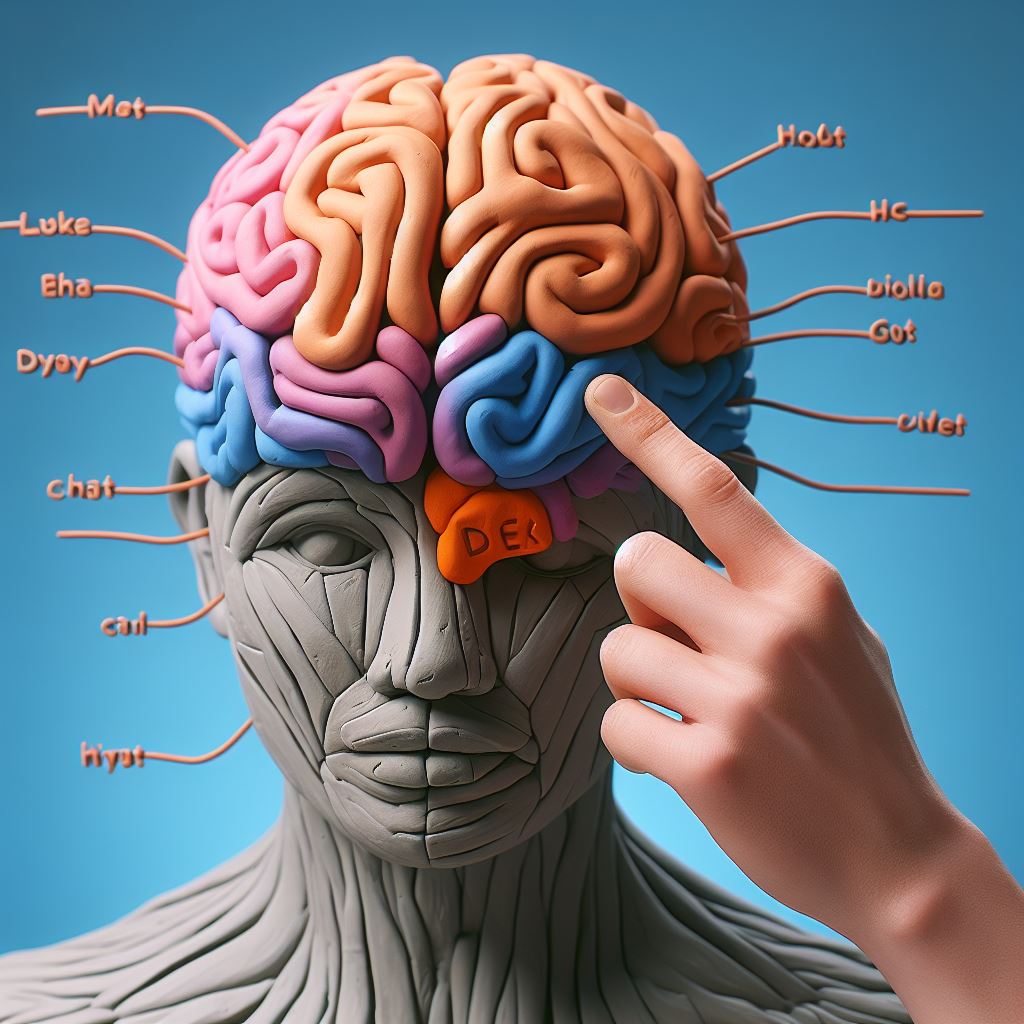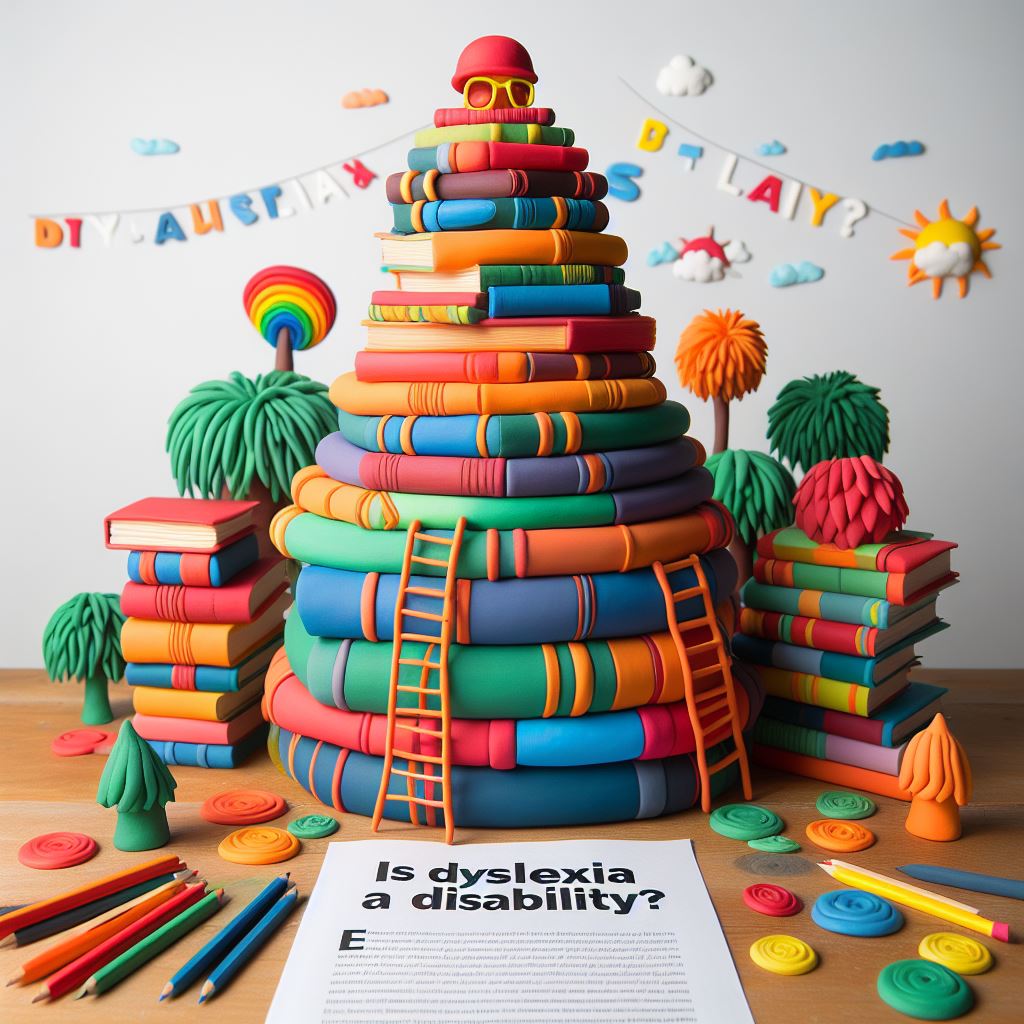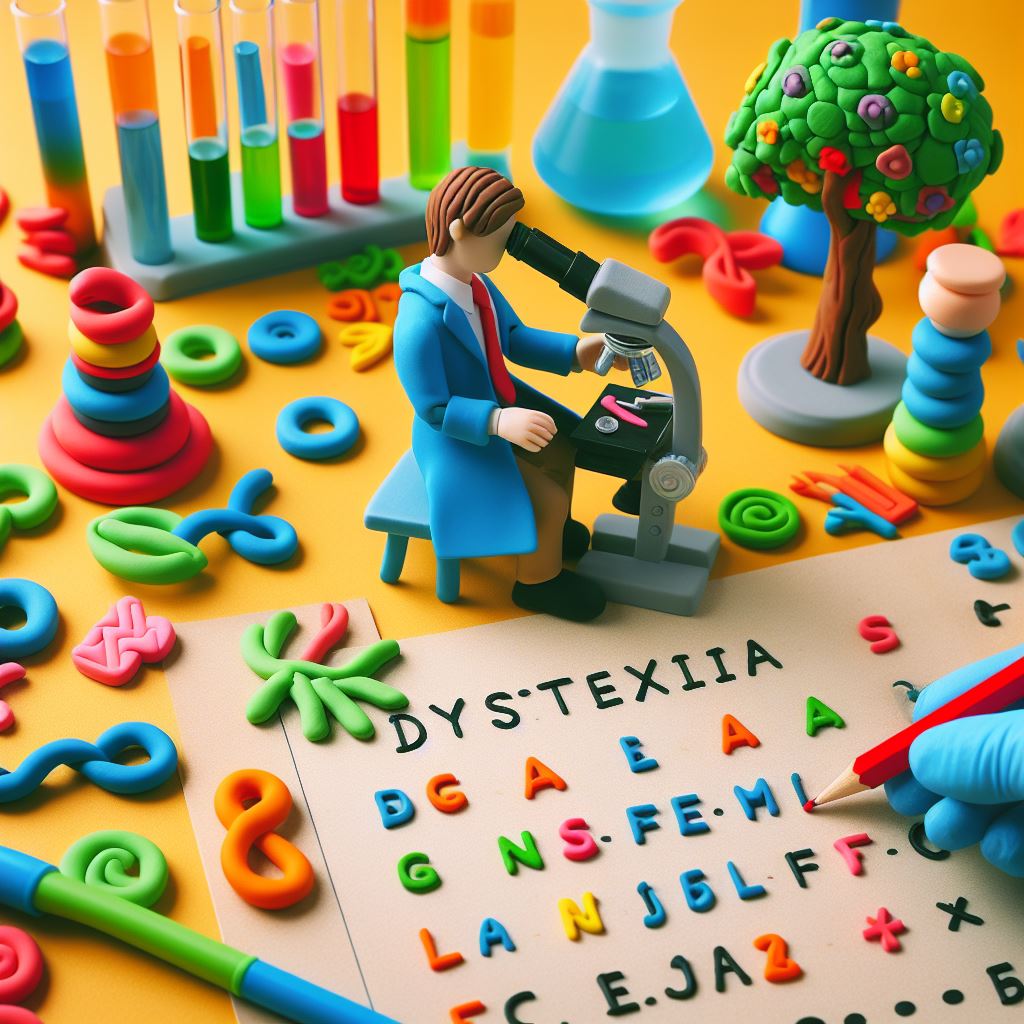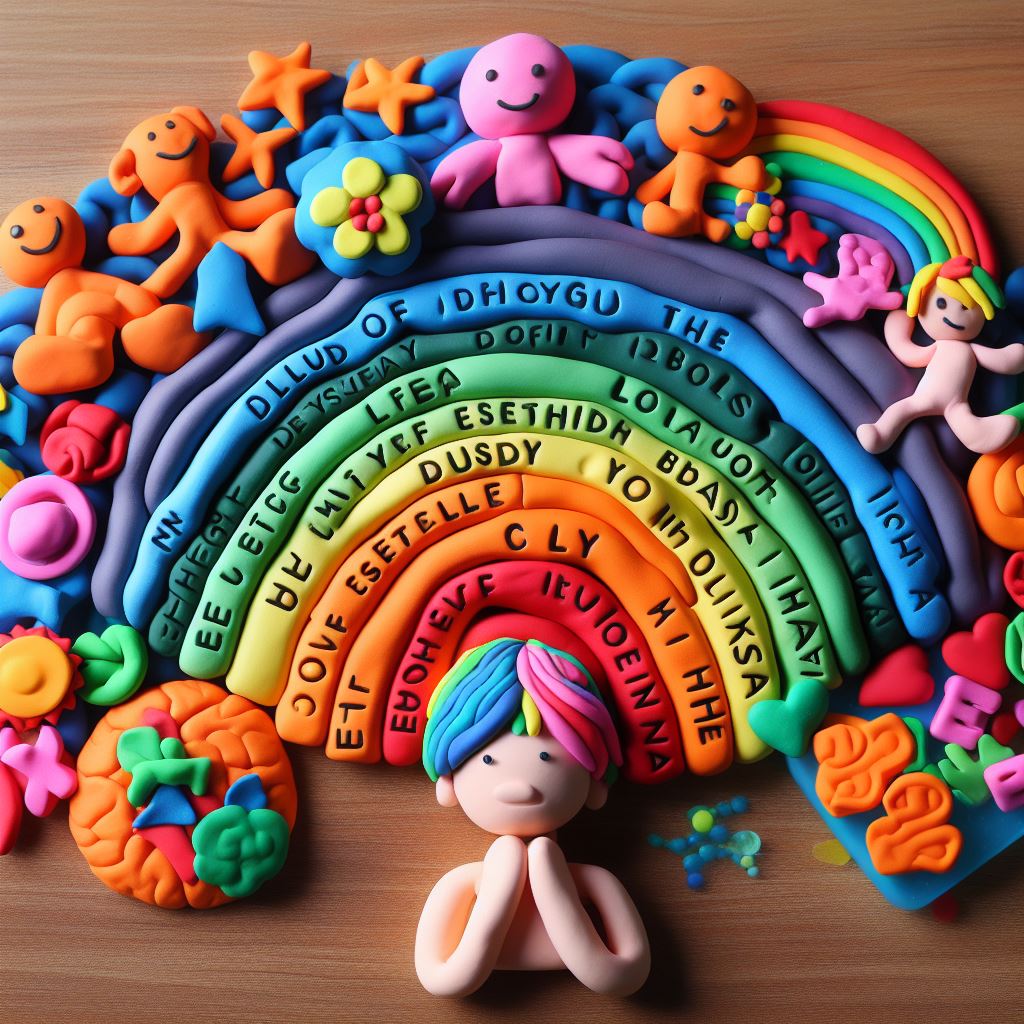EMAIL
Contact page
info@dyslexiefont.com
PHONE
(we are in the Netherlands)
NL: +31 (0)20 820 41 37
UK: +44 2033 180 058
USA: +1 540 227 64 84
How a non linear dyslexic thinker and a liniear generator Ai are great team. Give it some time so it saves a lot of time on the end. My personal experience
What is dyslexia with in the field of neurodiversity. How can I see my dyslexia. In light of research from Helen Taylor at University of Cambridge.

Dyslexia is a neurodivergent condition that affects how people process written and spoken language. Dyslexia can make it challenging to read, write, spell, and comprehend text, as well as to express oneself verbally. Dyslexia is not a sign of low intelligence or laziness. It is a difference in the way the brain works.

Dyslexia, a unique neurological condition, poses challenges to accurate and fluent word recognition, spelling, and decoding skills. Unlike traditional views that label it as a learning disability, let’s explore dyslexia from a neurodiversity perspective.

Dyslexia, is neurodevelopmental that affects reading, spelling, and writing, has been associated with genetic factors. In approximately 99% of cases, dyslexia is a condition that individuals are born with, inheriting specific genetic variations from their parents, much like the color of their hair.

Identifying the symptoms of dyslexia in children, adolescents, and adults is crucial for early intervention and support. While it may be challenging to spot these signs before a child begins school, being aware of the indicators can help parents and educators provide the necessary assistance.

Dyslexia is influenced by genetic and environmental factors. It tends to run in families, and some genes have been linked to dyslexia. However, not everyone who inherits these genes will develop dyslexia, and not everyone who has dyslexia has these genes.
Neurodivergents, those whose neurological development differs from the norm neurotypical, are part of a continuous spectrum.

Contrary to popular belief, dyslexia is not a visual problem but rather a challenge in how the brain interprets letters, words, and sentences. This article aims to shed light on the unique characteristics of dyslexic reading experiences, moving beyond the visual aspects often misconstrued by neurotypical individuals.

Dyslexia is influenced by genetic and environmental factors. It tends to run in families, and some genes have been linked to dyslexia. However, not everyone who inherits these genes will develop dyslexia, and not everyone who has dyslexia has these genes.

Dyslexia indeed affects speech, it manifests on two levels. Firstly, the limited size of your vocabulary becomes evident. Secondly, instead of relying solely on words, dyslexic individuals often think in images or moving images at a rapid pace, allowing them to have an overarching view of a situation within their minds. This unique thinking style makes it challenging to convey ideas.

The timely detection of dyslexia in children is crucial for their educational development and overall well-being. Early diagnosis not only enables effective intervention strategies but also prevents the potential damage to a child’s self-esteem.

The idea of curing dyslexia may be seen as somewhat hurtful, as dyslexia is not an error of nature but rather a part of neurodiversity. A study by Helen Taylor at the University of Cambridge suggests that dyslexia is not a flaw, but rather a survival strategy within society. It’s essential to view dyslexia as part of the diversity of human experiences, rather than a condition that needs to be “cured.”
it's about comprehending oneself and recognizing the pervasive impact dyslexia can have on various aspects of life. By gaining insight into the broader scope of dyslexia, individuals can begin to introspect and take note of its presence in their lives. This awareness serves as a valuable tool, allowing individuals to navigate daily experiences with a heightened understanding of how dyslexia influences their unique strengths and challenges.

Dyslexia, a learning disorder affecting reading, spelling, and organization skills, is not solely attributed to difficulties in language proficiency. Similar to varying aptitudes in playing the piano, challenges in reading may stem from diverse factors.

Dyslexia is influenced by genetic and environmental factors. It tends to run in families, and some genes have been linked to dyslexia. However, not everyone who inherits these genes will develop dyslexia, and not everyone who has dyslexia has these genes.

In a world where dyslexia is often labeled as a disability, its true nature extends far beyond such narrow definitions. This article delves into the complexities of dyslexia, challenging common perceptions and highlighting its diverse dimensions as both a challenge and a source of unique abilities.

Dyslexia, a complex learning disorder, remains a puzzle intertwining genetics, prenatal stress, and nutritional interventions. What is the potential impact of stress during pregnancy, and examines the ongoing research on omega-3 fatty acids as a potential aid.

Many adults who have struggled with reading throughout their lives may wonder if they are dyslexic, especially considering the challenges it poses in academic, professional, and personal contexts.

Contrary to common misconceptions, its impact extends far beyond academic or professional settings.

Despite its prevalence, misconceptions about dyslexia persist, with many individuals unsure whether they are affected by it. Here, we delve into common questions surrounding dyslexia to shed light on its symptoms, effects

Despite its prevalence, dyslexia is often misunderstood, leading to misconceptions about its nature and impact.

Yes, of course, individuals with dyslexia can read. However, it’s essential to acknowledge that their journey through reading might be different from neurotypical individuals.

Researchers have identified a strong genetic component in dyslexia. Individuals with dyslexia often have family members who also experience difficulties with reading and language processing.
EMAIL
Contact page
info@dyslexiefont.com
PHONE
(we are in the Netherlands)
NL: +31 (0)20 820 41 37
UK: +44 2033 180 058
USA: +1 540 227 64 84
DYSLEXIE FONT IS PATENTED COPYRIGHT © 2024 DYSLEXIE FONT B.V. ALL RIGHTS RESERVED. DESIGN BY DYSLEXIE FONT